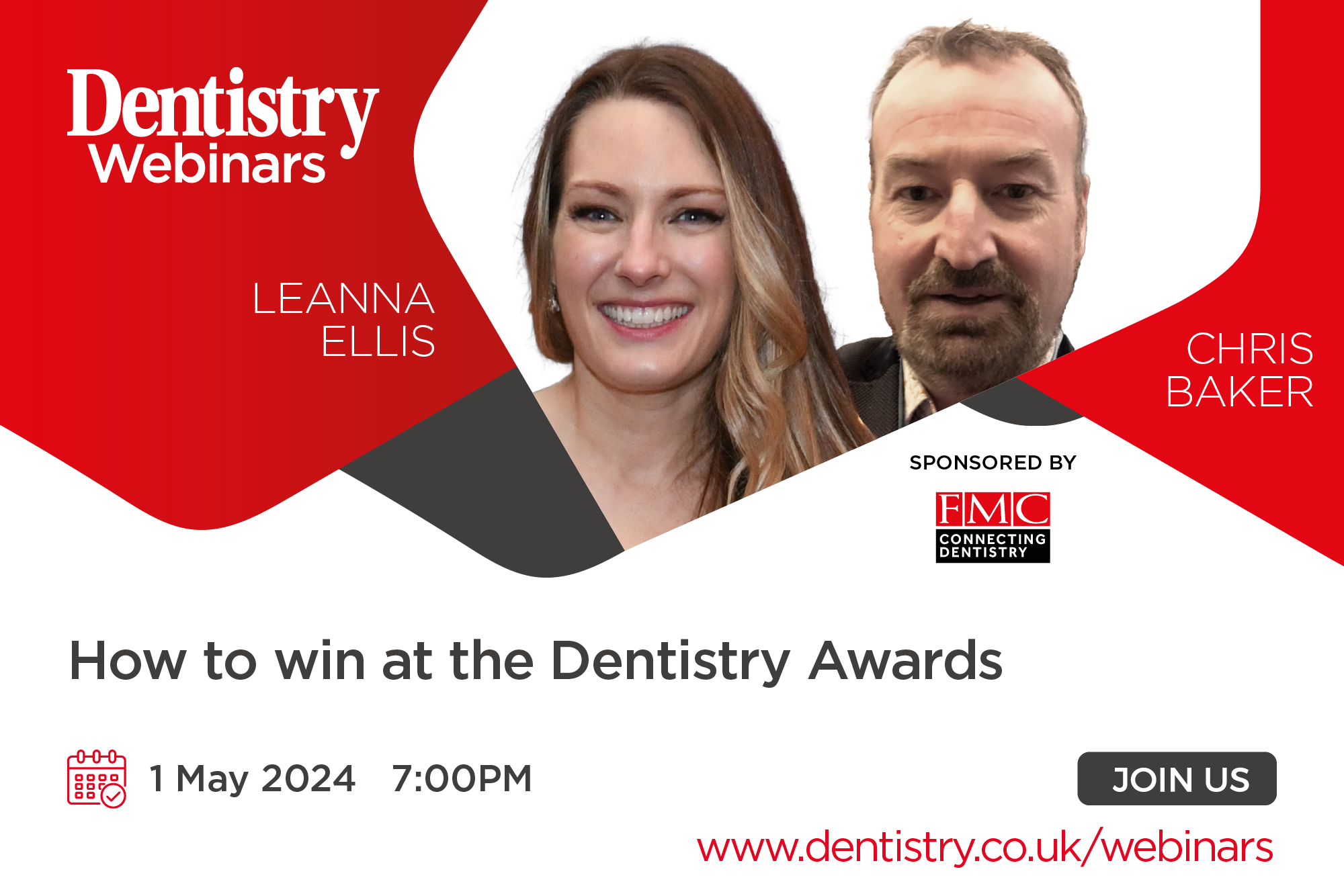
Dental specialist financial adviser Laura Teehan from Wesleyan Financial Services shares her insights into what newly-qualified dentists should be thinking about when it comes to financial planning.
Are you ever approached by newly-qualified dentists looking for support?
Yes, I am often approached by newly qualified dentists looking for guidance to plan for their financial future. After several years of intense studying and vocational training, associate dentists find themselves navigating the responsibilities within their profession. But they are also faced with being self-employed and making significant decisions with regards to their financial planning. There is much to think about!
Of course, dentists are specialists in dentistry. There may be many aspects of financial planning that they are not aware of. This makes it important to seek professional guidance.
What should a dentist not ignore when they are starting their career?
I would emphasise the importance of thinking about income protection. Most of the newly-qualified dentists I have met have had an awareness that they need income protection. However they do not necessarily know the details of what it does, how it helps them and why it is perhaps one of the most fundamental types of protection for a dentist to have.
Why is income protection so important?
Without income protection, the chances are you won’t be able to afford other things should the unexpected happen. The income is the foundation of everything, you then build upon those foundations. This could include anything from buying your first home to buying a practice.
It’s important to ensure that these milestones are well planned for and protected so nothing jeopardises your ability to stay in your property, for example. Or from being able to make the repayments to your business loan should you no longer be able to work. Life can throw many surprises at us – some of which are not always welcome. It’s important to plan ahead for all eventualities.
Are there things that a newly qualified dentist may not be aware of?
Some dentists may not necessarily know what they need to submit their tax returns, or how important it is for them to keep receipts and so forth. Following their vocational training, most dentists begin work in their first practice.
Many practices have an NHS contract that stipulates UDA (units of dental activity) targets. Within the next year or two, however, some dentists may decide to take on private work to supplement their income.
Their income patterns can be complex and for the time-poor dentist, getting support from a dental accountant – someone who understands what can be offset and how to make their income as efficient as possible in terms of taxation – can be invaluable.
When moving away from NHS to private practice, there are many other things to consider. Income protection will need to be reassessed due to the reduction in NHS sick pay or from losing it altogether. NHS employment and pension benefits will be affected – these gaps will need to be bridged moving forward. Another consideration for some dentists is that it may make more sense to become a limited company in terms of tax efficiency for example.
‘What is suitable or necessary for one dentist may not be appropriate for another’
All of these factors, however, vary depending on the individual and their circumstances.What is suitable or necessary for one dentist may not be appropriate for another. This is where the guidance of a dental specialist financial adviser can be extremely useful.
When I started my first job, I was employed. This meant that I didn’t have to worry about a pension or sick pay. These benefits were attached to the role, which is not generally the case for most dentists who do private work. Whether they are an associate dentist or a practice owner, there are many additional aspects to factor in. They ultimately become a type of ‘business owner’ as well as a dentist and have to wear two hats, so to speak. It is a lot to think about.
Why is it important to have regular reviews with your financial adviser?
Dental specialist financial advisers understand the world of dentistry and can help to put dentists in an informed position so that they can make the right decisions going forward. Furthermore, we work closely with other professionals such as accountants, who also work with dentists to help support them with their financial planning.
I would stress the importance of regular reviews with an adviser. In life things do inevitably change and a lot can happen during the early days of a dentist’s career in particular. Our job is to guide them through their journey and help them to make the most out of their hard-earned income and to offer support for every significant financial aspect of their lives going forward, whether that be personal or commercial.
Tax treatment depends on individual circumstances and may be subject to change in future. Wesleyan Financial Services is a broker and insurance products are provided by a number of selected insurers. Your mortgage is secured on your home. Your home may be repossessed if you do not keep up repayments on your mortgage. Wesleyan Financial Services is a broker and will be paid a fee upon completion of the loan.
For further support and guidance to plan for the financial year ahead, speak to a dental specialist financial adviser at Wesleyan Financial Services by booking a no-obligation financial review or calling 0800 316 3784. Visit us at the Dentistry Show in Birmingham on 17-18 May 2024 at stand K50.



